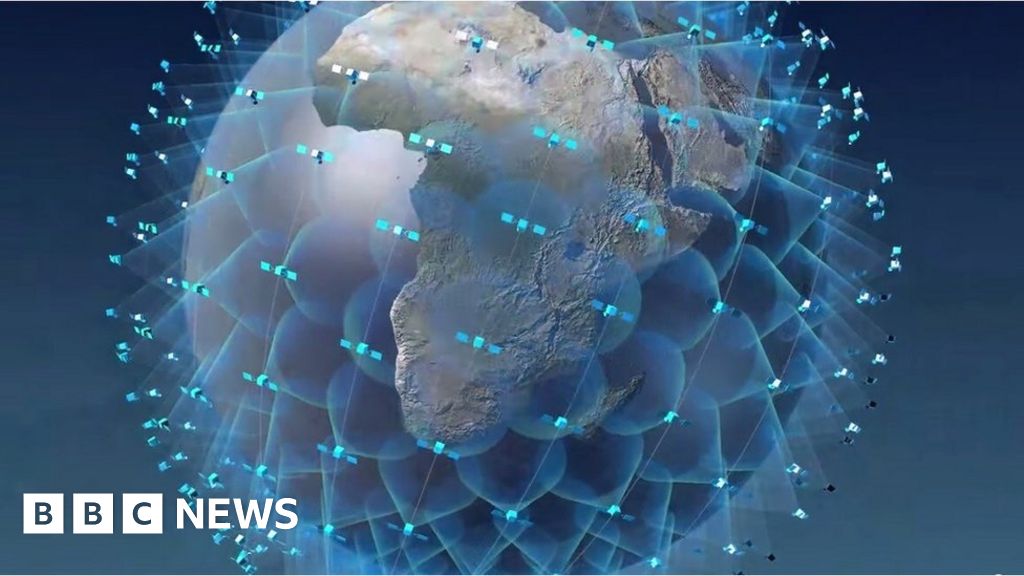- Joined
- 9 October 2009
- Messages
- 21,976
- Reaction score
- 13,635
Loon - A Google X Moonshot
Loon was Google X's moonshot to deliver internet connectivity to billions using stratospheric balloons.

Alphabet's Loon balloons will get their first commercial trial in Kenya | TechCrunch
Google spin-out and now fellow member of the Alphabet family of companies Loon will get a big test in the coming months, as it begins its first commercial
Google internet balloon spinoff Loon still looking for its wings
Google's bet on balloons to deliver cell service soon faces a crucial test amid doubts about the viability of the technology by some potential customers.

Google Internet Balloon Spinoff Loon Still Looking For Its Wings - Slashdot
Google's bet on balloons to deliver cell service soon faces a crucial test amid doubts about the viability of the technology by some potential customers. From a report: The company behind the effort, Loon says its balloons will reach Kenya in the coming weeks for its first commercial trial. The...
tech.slashdot.org


